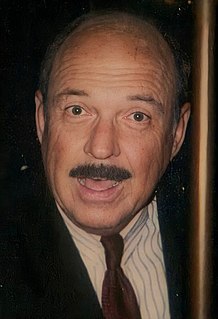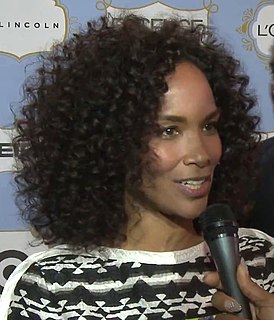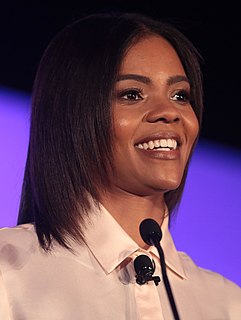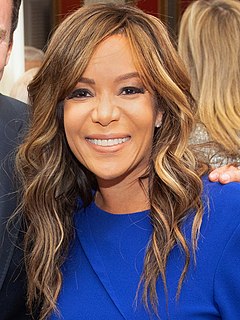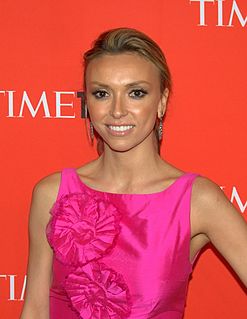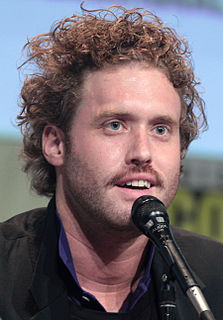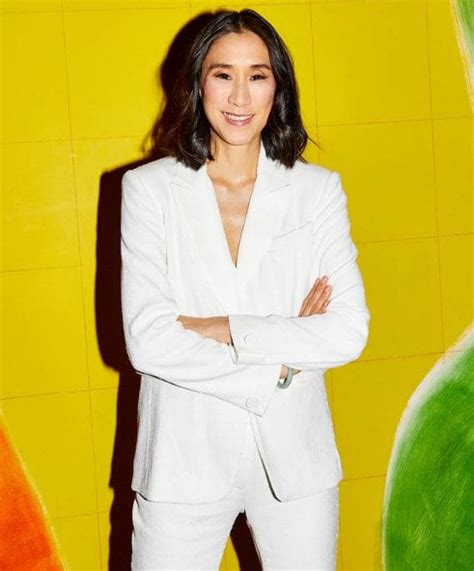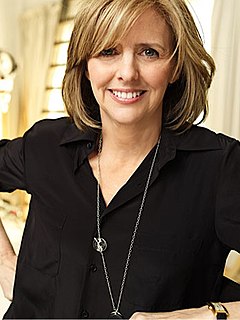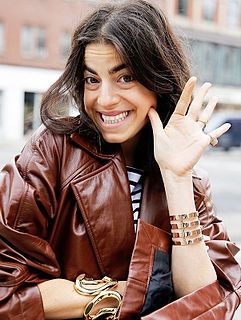A Quote by Gene Okerlund
I finished high school and studied at the University of Nebraska in the school of journalism, which really turned me onto journalism. I never finished, but the very little that I did learn in two-and-a-half-years prepared me for a career in legitimate journalism, which included WWE, AWA, WCW, and everything in-between.
Related Quotes
I was in the journalism program in college and had some internships in print journalism during the summers. The plan was to go to Columbia University Graduate School of Journalism to learn broadcasting after I graduated. I was enrolled and everything, but ultimately decided that I could never afford to pay back the loan I'd have to take out.
Almost everything I've learned about journalism has been from other friends who are journalists, taking advantage of the money I hope they don't think they threw away at j-school. I studied comparative literature, but the professional vagaries of journalism I've learned through other people's trial and error, and my own.
You do not need to go to journalism school if you want to work in the fashion industry. I think high schools condition you to think this way: If you want to be a fashion editor, go to fashion school. If you want to be a writer, you should study journalism. I think that the best school in life is experience.
Anyone who does investigative journalism is not in it for the money. Investigative journalism by nature is the most work intensive kind of journalism you can take on. That's why you see less and less investigative journalism at newspapers and magazines. No matter what you're paid for it, you put in so many man-hours it's one of the least lucrative aspects of journalism you can take on.
